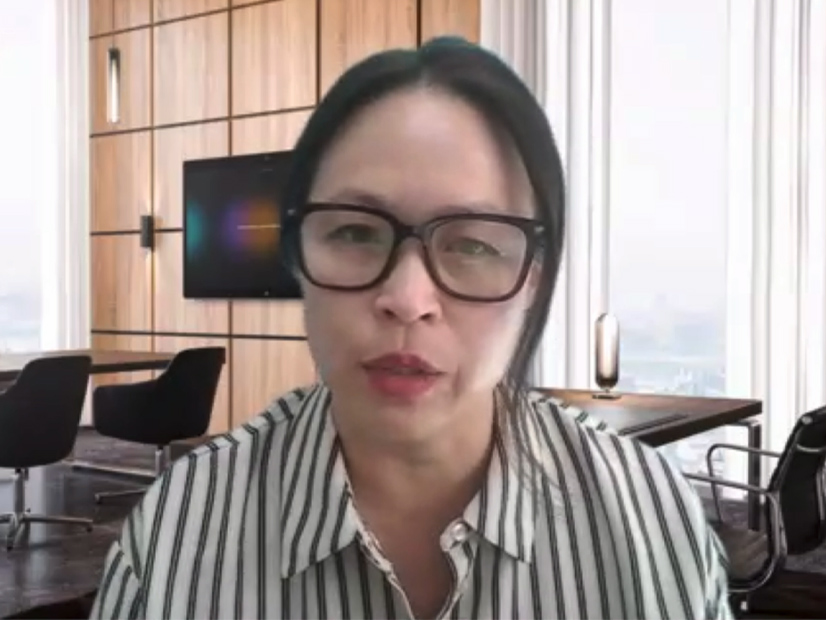NERC Vice President of Engineering and Standards Soo Jin Kim on Nov. 12 said the ERO’s ongoing cold weather standards project could supply the next opportunity for the Board of Trustees to exercise its authority to streamline the normal stakeholder approval process.
Speaking at a technical conference about Project 2024-03 (Revisions to EOP-012-2), Kim acknowledged “there’s a little bit of industry fatigue” around the effort. She was referring to the fact the cold weather standard is undergoing its second set of revisions after FERC approved the original version, EOP-012-1 (Extreme cold weather preparedness and operations), in 2023 and its successor, EOP-012-2, this year but ordered changes each time. (See FERC Orders Further Cold Weather Standard Modifications.)
The deadline for the FERC-ordered revisions to EOP-012-2 is next March, but the replacement standard EOP-012-3 recently failed to gain industry approval in its first formal ballot period that concluded Nov. 5. The standard received 70 supportive votes from industry stakeholders but 129 negative votes with comments; 55 respondents either abstained or did not vote. The result was a segment-weighted 42.29% in favor of passage, well short of the two-thirds majority needed to put it before the board.
A similar situation caused the board to invoke for the first time its authority under Section 321 of NERC’s Rules of Procedure at its last open meeting in August. On that occasion, the failure of PRC-029-1 to receive industry approval led the board to direct the Standards Committee to host a technical conference in September to hear industry feedback on the proposed standard. Convening a tech conference is among the options in the section available to the board if stakeholders do not pass a proposed standard directed by FERC or NERC.
In the case of PRC-029-1, FERC had ordered NERC to develop standards governing inverter-based resources. (See “Board Invokes Standards Authority to Meet IBR Deadline,” NERC Board of Trustees/MRC Briefs: Aug. 15, 2024.) Following the conference, NERC used the input to revise the standard, and it subsequently passed a final ballot, which was submitted to FERC along with four other standards governing IBRs.
Following the success of the new process, NERC indicated it might convene technical conferences for other projects that have faced difficult ballot processes, in hopes of proactively addressing stakeholder concerns. At this week’s conference, Kim said additional action — including another use of the Section 321 powers — has not been ruled out.
“I have gotten a lot of questions with regard to [whether] this project [would] be a candidate for 321 action,” Kim said. “The answer is ‘yes.’ We do feel this risk is very critical, and this is one of those projects where, if we are at an impasse … would be a candidate for 321 recommendations.”
Kim emphasized that NERC’s board has not made any decision about whether to invoke the Section 321 authority at this point and will “probably” not discuss the issue at its open meeting in December; the standard’s “next ballot will be the determining factor,” she added.
She explained she wanted to be “very transparent” about the possibility of special action after NERC received feedback from industry that the ERO had not been forthcoming about its consideration of using Section 321 for the IBR standards.
“I don’t want anyone to ever come back and say that we were not very upfront about whether or not this is a potential risk for us moving forward,” Kim said. “We are very concerned [about] making sure that industry is able to mitigate these risks with regard to certain timelines.”




